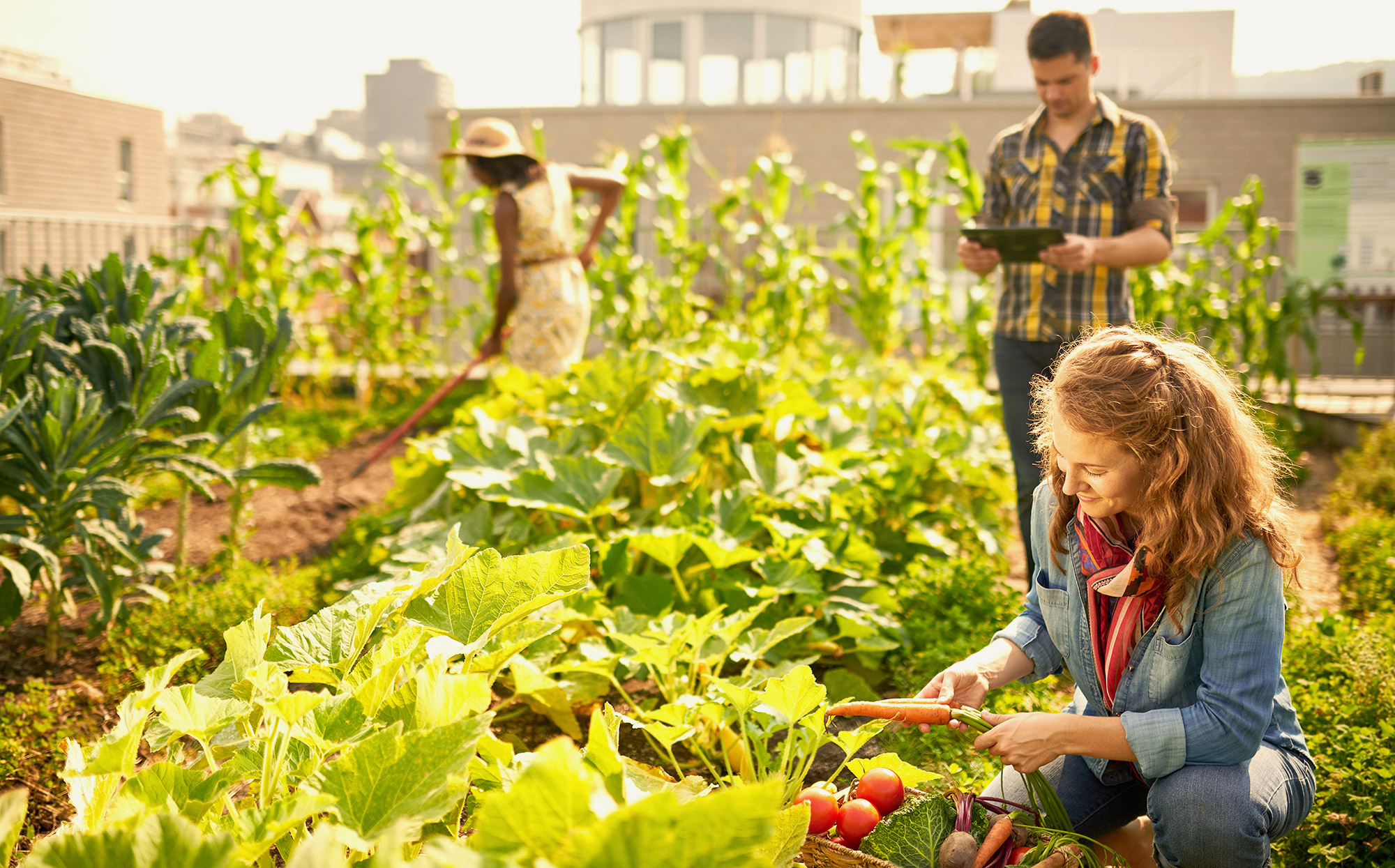In a world where environmental concerns are at the forefront of global discourse, the need for Agroecology And Sustainable Food Systems has never been more urgent. Agroecology, a holistic approach to farming that emphasizes ecological principles, offers a promising solution. By integrating eco-friendly practices into agricultural production, we can not only safeguard the planet but also ensure food security for future generations. Join us as we explore the principles of agroecology and the role of eco-friendly practices in building sustainable food systems.

Understanding Agroecology:
At its core, agroecology is about mimicking the natural processes of ecosystems to create resilient and productive agricultural systems. It encompasses a range of practices, including organic farming, crop rotation, agroforestry, and integrated pest management. By promoting biodiversity, soil health, and resource efficiency, agroecology seeks to minimize the environmental impact of agriculture while maximizing yields and livelihoods for farmers.
The Importance of Eco-Friendly Practices:
Eco-friendly practices lie at the heart of agroecology, driving sustainable food production and environmental conservation. These practices prioritize the use of natural inputs, such as compost, cover crops, and biological pest control, over synthetic chemicals. By reducing reliance on pesticides and fertilizers, eco-friendly farming methods help mitigate pollution, protect biodiversity, and preserve ecosystem services.
Key Eco-Friendly Practices in Agroecology:
- Crop Diversity: Planting a diverse range of crops helps enhance soil fertility, suppress pests and diseases, and improve resilience to climate change.
- Soil Conservation: Implementing techniques like minimal tillage, mulching, and soil cover with cover crops helps prevent erosion, retain moisture, and promote soil health.
- Water Management: Adopting water-saving practices such as drip irrigation, rainwater harvesting, and efficient water use minimizes water wastage and conserves this precious resource.
- Agroforestry: Integrating trees and shrubs into agricultural landscapes enhances biodiversity, provides shade and shelter for crops and livestock, and generates additional income through timber and fruit production.
- Composting and Recycling: Recycling organic waste into compost not only reduces the need for synthetic fertilizers but also enriches soil fertility and improves soil structure.
Benefits of Eco-Friendly Agriculture:
Embracing eco-friendly practices in agroecology offers a host of benefits for both farmers and the environment. These practices promote soil health, enhance biodiversity, conserve water, and reduce greenhouse gas emissions. Moreover, eco-friendly farming methods often result in higher yields, lower production costs, and improved resilience to climate variability, thereby enhancing the livelihoods of farmers and ensuring food security for communities.
The Role of Kavya Organic Farm in Promoting Eco-Friendly Agriculture:
As a pioneer in organic farming, Kavya Organic Farm is committed to promoting eco-friendly practices in agroecology. Through sustainable farming methods such as crop rotation, composting, and natural pest management, Kavya Organic Farm demonstrates the viability and effectiveness of eco-friendly agriculture. By prioritizing soil health, biodiversity conservation, and environmental sustainability, Kavya Organic Farm sets a shining example for the agricultural industry and inspires others to embrace eco-friendly practices.
Conclusion:
In conclusion, eco-friendly practices play a crucial role in agroecology and the development of Agroecology And Sustainable Food Systems. By adopting holistic farming approaches that prioritize environmental conservation and resource efficiency, we can build resilient agricultural systems that nourish both people and the planet. As exemplified by Kavya Organic Farm, the integration of eco-friendly practices not only benefits farmers and consumers but also contributes to a healthier and more sustainable future for all.

No comments yet